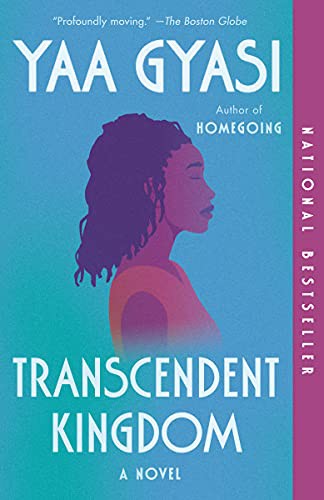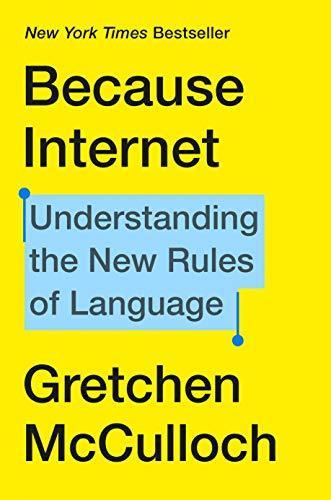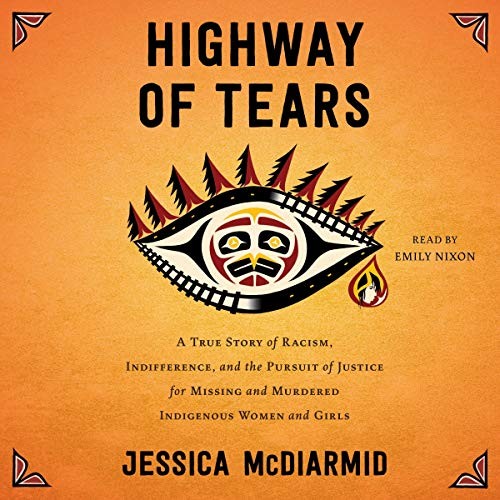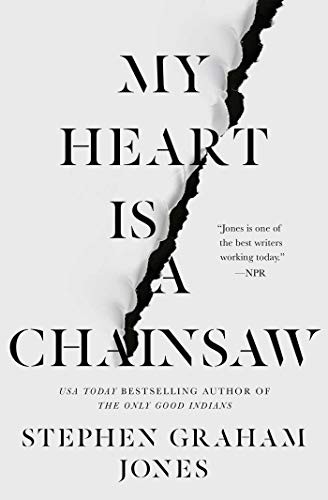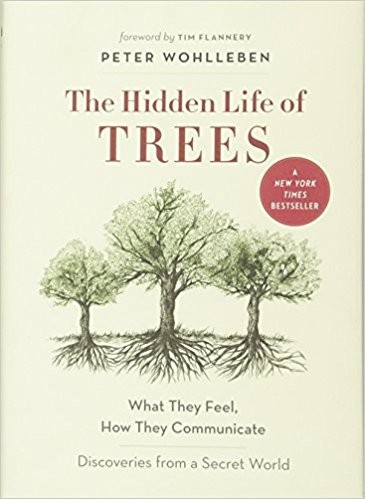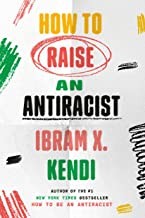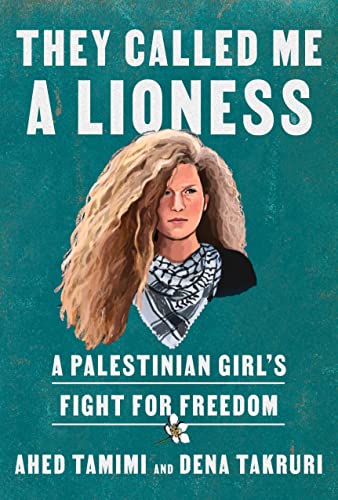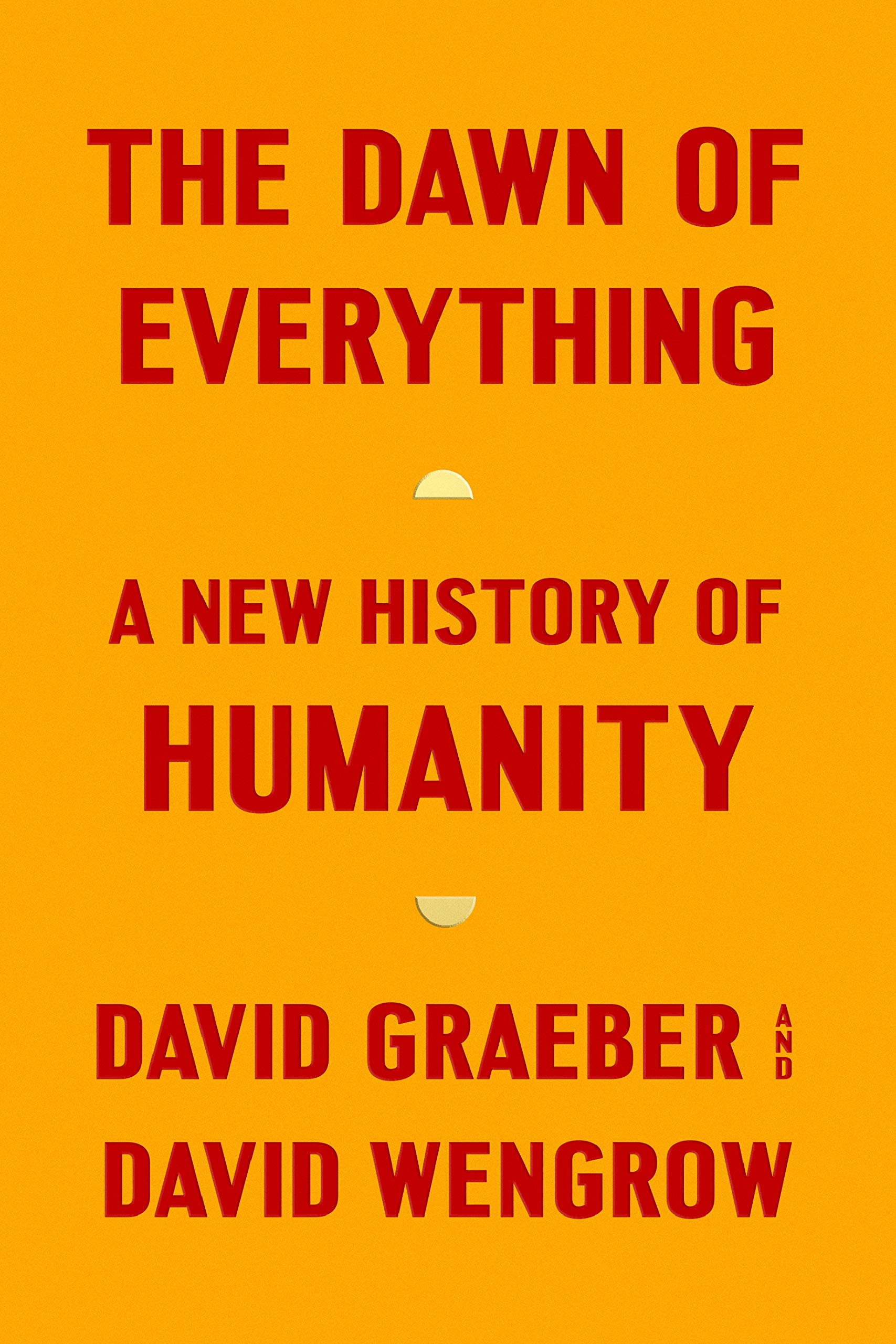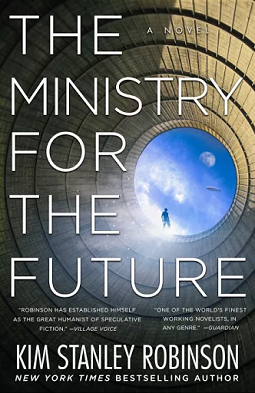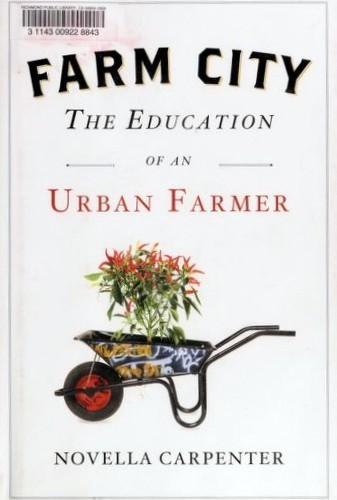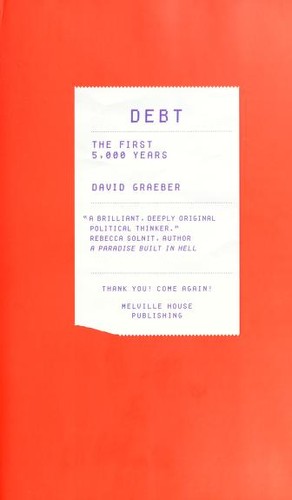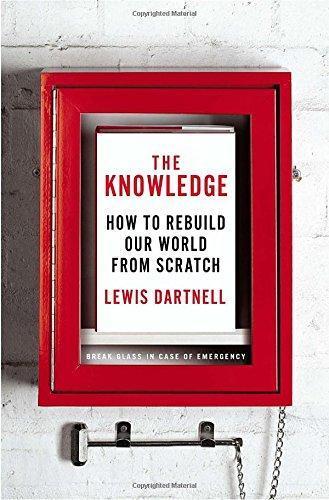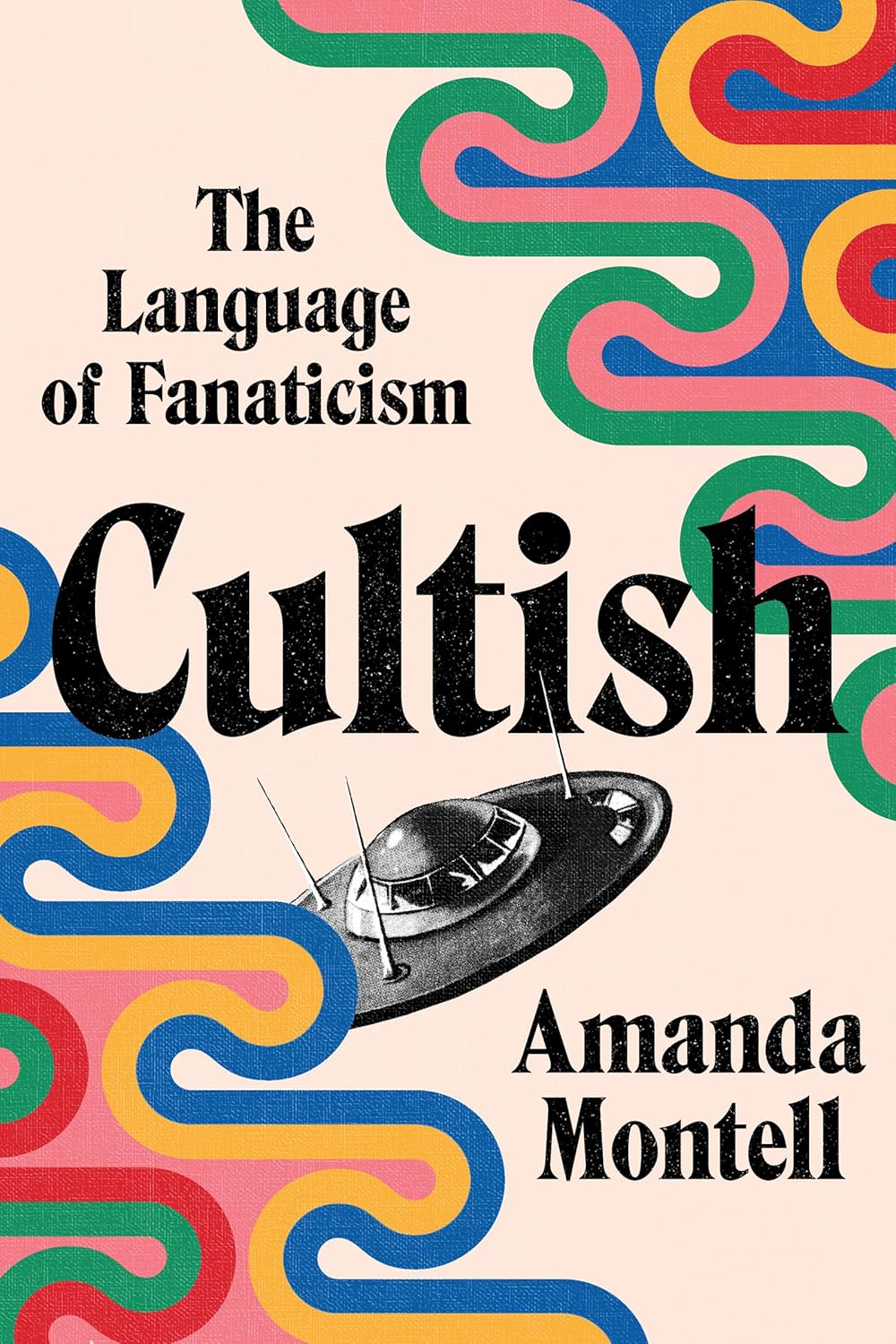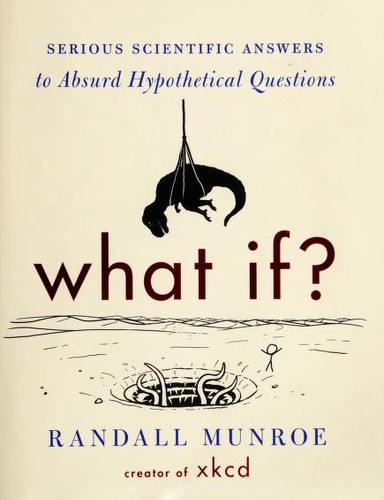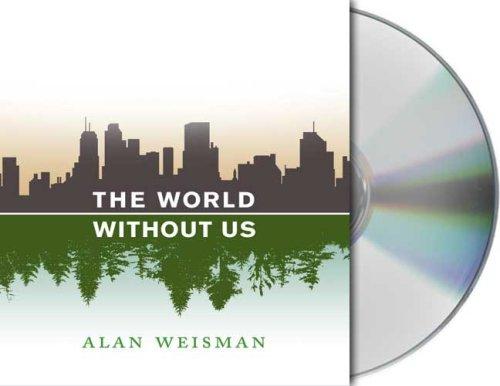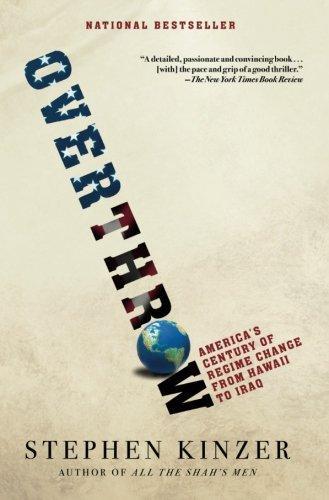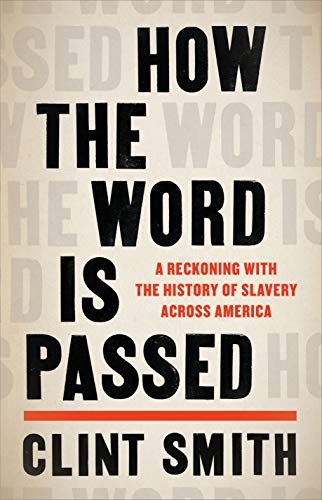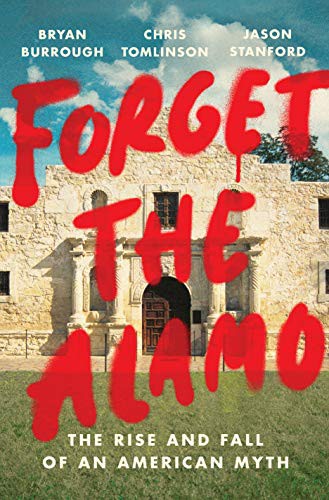Review of 'The Dawn of Everything' on 'Goodreads'
5 stars
One of the earliest recollections I have about thinking about ancient peoples was while playing Age of Empires (@AgeOfEmpires): as an omniscient god, I commanded villagers to build and farm until buildings of the army and university created scientific breakthroughs I could use to make better dudes to kill other civilizations.
Graeber (@DavidGraeber) and Wengrow (@DavidWengrow) show that the myth of prehistory doesn't really stray far from the gameplay of Age of Empires in #TheDawnOfEverything: after humanity fell from the "eden" of egalitarian hunters and gathers, agriculture required individuals to give up autonomy to brutal rulers to avoid returning the Hobbesian horrors of an "eden" that is both paradise and hell. According to the myth, the continued progress of humanity requires the social contract because humans are incapable of organizing without the threat of violence.
In the Dawn of Everything, Graeber and Wengrow demolish the myths of prehistory with modern …
One of the earliest recollections I have about thinking about ancient peoples was while playing Age of Empires (@AgeOfEmpires): as an omniscient god, I commanded villagers to build and farm until buildings of the army and university created scientific breakthroughs I could use to make better dudes to kill other civilizations.
Graeber (@DavidGraeber) and Wengrow (@DavidWengrow) show that the myth of prehistory doesn't really stray far from the gameplay of Age of Empires in #TheDawnOfEverything: after humanity fell from the "eden" of egalitarian hunters and gathers, agriculture required individuals to give up autonomy to brutal rulers to avoid returning the Hobbesian horrors of an "eden" that is both paradise and hell. According to the myth, the continued progress of humanity requires the social contract because humans are incapable of organizing without the threat of violence.
In the Dawn of Everything, Graeber and Wengrow demolish the myths of prehistory with modern scholarship on the people of prehistory and their inclusion in recent works of anthropology like Harari's (@harari_yuval) Sapiens.
In the place of prehistoric myth, Graeber and Wengrow provide evidence of "bold social experiments representing a carnival parade of political forms" including seasonal monarchy and despots, ceremonial kings, civilizations taking up and abandoning agriculture, and the egalitarian and complex structures of Nebelivka and the Huron.
If you haven't visited "precivilizational", "prehistorial", or early human history since high school, Age of Empires, or Sapiens, Graeber and Wengrow's The Dawn of Everything should help you demolish ideas now unsupported by archaeology and research so you can imagine and work toward a more liberated future.
